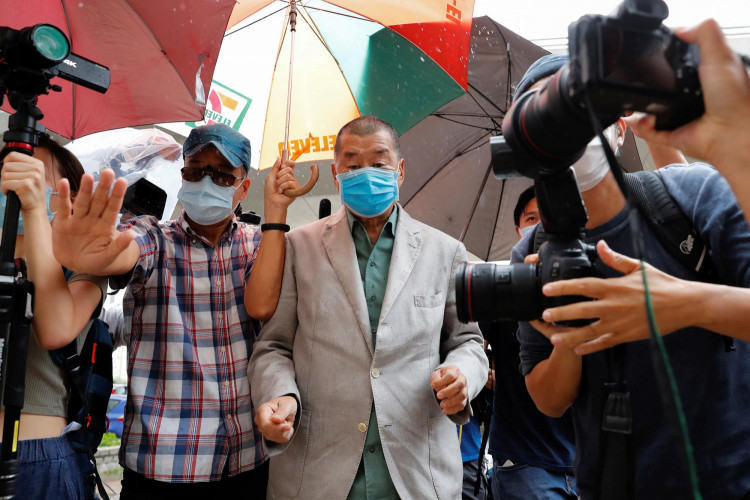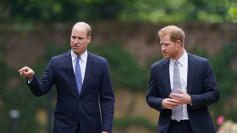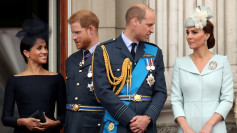In a landmark trial that has captured the attention of the international community, Jimmy Lai, a prominent Hong Kong media tycoon and pro-democracy advocate, staunchly pleaded not guilty to charges under the sweeping national security law imposed by Beijing. Accused of colluding with foreign forces and conspiracy to publish seditious publications, Lai's case has become a focal point in the ongoing debate over freedom and autonomy in Hong Kong.
Standing in the dock, surrounded by security guards, Lai calmly faced the charges, repeatedly stating, "Not guilty," as each accusation was read out. His composed demeanor in the courtroom, packed with his family, supporters, and a watchful array of foreign diplomats, underscored the gravity of the trial.
The prosecution's narrative painted Lai as a "radical figure" who, through his extensive international connections, conspired to bring "hatred and stir up opposition" against the Chinese and Hong Kong authorities. Prosecutor Anthony Chau detailed Lai's alleged engagements with high-ranking U.S. officials, including Trump, Pence, and Pompeo, suggesting these interactions were evidence of his collusion with foreign forces. Chau asserted, "Under the guise of fighting for freedom and democracy, [Lai] made requests for foreign countries, in particular the United States, to impose sanctions against the Chinese and Hong Kong governments."
As part of their evidence, prosecutors displayed images of Lai alongside various international figures and played several videos where Lai is heard calling for sanctions against China. These materials aimed to solidify the narrative of Lai's deep involvement in foreign collusion. However, Lai and his defense team have consistently denied these allegations, asserting his actions were within the realm of free speech and legitimate criticism.
The charges stem from the national security law, which has been widely condemned by international observers as a tool to crush dissent and erode the freedoms that once set Hong Kong apart from mainland China. Western democracies, notably Britain, the EU, and the U.S., have called for Lai's immediate release, labeling his trial politically motivated and a stark violation of human rights and freedom of expression.
The trial's outcome is poised to set a significant precedent for how Hong Kong handles dissent and could have far-reaching implications for the city's judicial independence. It also serves as a litmus test for the international community's response to Beijing's increasingly assertive policies in the region.
As the trial progresses, Lai's plea of not guilty resonates beyond the courtroom, symbolizing the broader struggle for democracy and human rights in Hong Kong. His case has not only put the city's judicial system under scrutiny but has also raised critical questions about the future of civil liberties under the shadow of the national security law.






